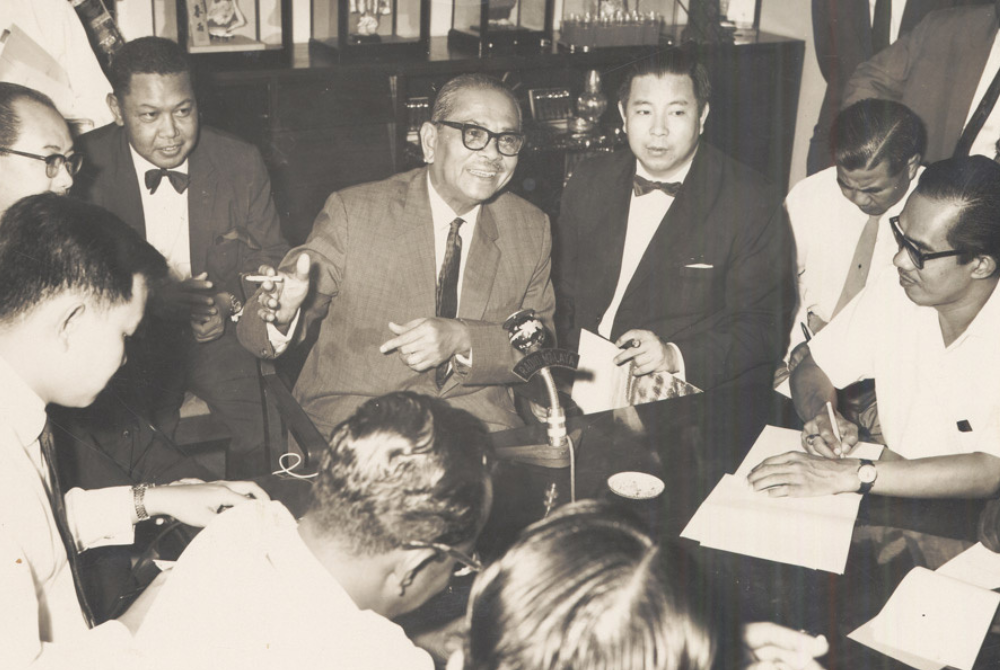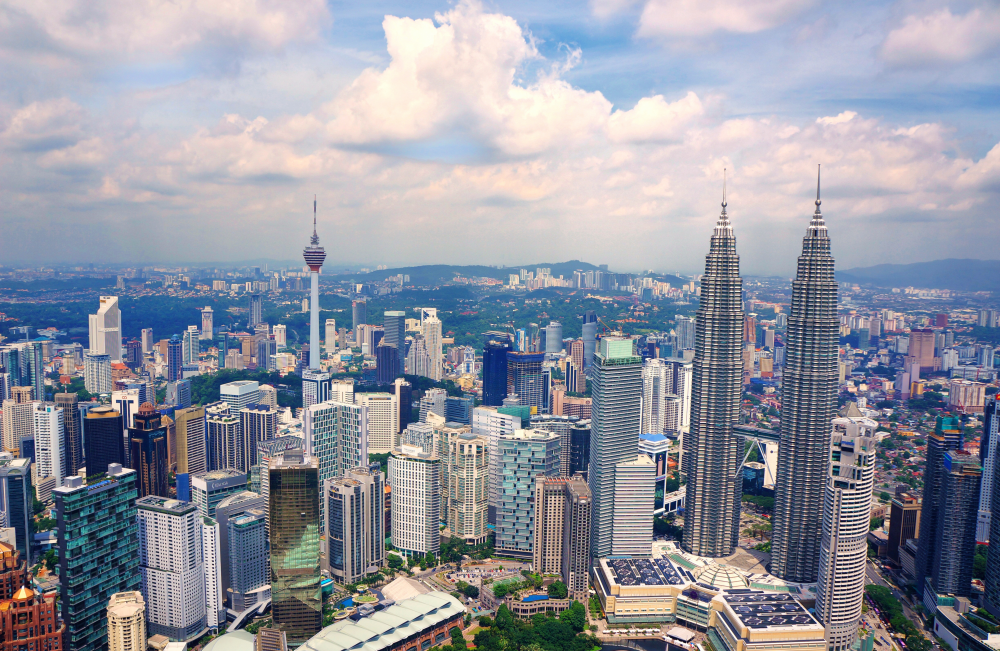Key historical events that shaped Malaysia before its formation
From key unions to political transitions, these moments laid the groundwork for the Malaysia we know today as a nation rooted in its past but ever-evolving.

Malaysia’s rich history offers valuable lessons on unity, ethnic collaboration, and resilience that continue to shape the nation’s identity today.
Apart from that, it also highlights how the nation's diverse communities have overcome challenges, worked together for a common cause, and forged a collective identity. These lessons are crucial in preserving the spirit of harmony that continues to drive Malaysia forward.
Alliance for a Safe Community chairman and social activist Tan Sri Lee Lam Thye highlighted that understanding these historical lessons is crucial, especially for the younger generation, who may be less familiar with the country’s past struggles.
Before Malaysia officially came into existence in 1963, Tanah Melayu experienced several historical events that played a pivotal role in shaping its future. From key unions to political transitions, these moments laid the groundwork for the Malaysia we know today as a nation rooted in its past but ever-evolving.
Here are some key historical events that occurred before the formation of modern-day Malaysia:
The formation of the Federation of Malaya (1948)
The creation of the Federation of Malaya in 1948 was a landmark event that united the nine Malay states with Penang and Malacca under a single political framework. Before this, British rule in the Malay Peninsula was fragmented, with regions like the Straits Settlements and the Malay states governed separately.
This federation paved the way for Malayan independence in 1957, marking the beginning of local governance and growing political consciousness. It was a critical stepping stone towards unifying the region under a common identity, though Singapore, Sabah, and Sarawak were not part of it at the time.
Lee said that young Malaysians should understand that the Federation of Malaya's journey towards independence involved collaboration across diverse ethnic groups.
"The Federation's success was built on community involvement and solidarity," he said, emphasising the importance of cross-cultural cooperation in the nation’s progress.

The Malayan Emergency (1948-1960)
The Malayan Emergency was a guerrilla war between British Commonwealth forces and the Malayan Communist Party (MCP). Sparked by the MCP's desire to establish a communist state, the conflict began in 1948, leading to strict security measures and military operations across the Malay Peninsula.
This period had long-lasting effects on the political landscape and security policies of post-independence Malaysia. It fortified the resolve of Malayan leaders to maintain a stable, non-communist government, further contributing to the creation of a unified Malaya.
Malayan People’s Anti-Japanese Army (MPAJA) during World War II
Another significant event in Malaysia’s history was the role of the Malayan People’s Anti-Japanese Army (MPAJA) during World War II. Formed to resist Japanese occupation, the MPAJA was primarily composed of communist guerrilla fighters who played a crucial role in guerrilla warfare against Japanese forces.
This resistance movement not only contributed to the eventual defeat of the Japanese but also instilled a sense of pride and unity among Malaysians from various ethnic backgrounds. Lee pointed out that the MPAJA's efforts played a significant role in resisting Japanese occupation.
“These historical episodes, among others, highlight the resilience and determination that have shaped Malaysia’s journey as a nation,” he added.
Singapore’s separation from Malaysia (1965)
One of the most defining moments in Malaysia’s history was the separation of Singapore from the Federation of Malaysia. Initially, Singapore was part of the newly-formed federation along with Sabah and Sarawak in 1963.
However, political and racial tensions between Singapore’s leadership under Lee Kuan Yew and the federal government in Kuala Lumpur led to escalating friction.
By Aug 9, 1965, Singapore was formally expelled, becoming an independent republic. This event not only reshaped the future of both nations but also left a lasting impact on Malaysia’s multi-ethnic and multi-religious identity.
Lee emphasised the importance of passing down the stories of Malaysia’s heroes, from different races such as Tok Janggut, Yap Ah Loy, and Tun Sambanthan, whose efforts toward independence reflect the rich tapestry of Malaysia’s history. He also highlighted the importance of engaging the younger generation in these narratives.
“By revisiting these stories, young Malaysians can gain a deeper appreciation of their country's rich history.
“The sacrifices made by previous generations, strengthening their commitment to preserving Malaysia’s unity and sovereignty,” he said.
Lee suggested that younger Malaysians should explore books such as Time for a Tiger(1956), The Jungle is Neutral (1949), No Dram of Mercy (1954), The Soul of Malaya (1930), and Memoirs (2019) to gain a more personal connection to Malaysia’s history.
Lee also urged the younger generation to learn valuable lessons from the nation’s formative years, particularly regarding unity and ethnic collaboration.
"The resilience demonstrated during colonial rule and the journey to independence serves as a reminder of the sacrifices made for the nation’s freedom," he said.
These lessons about tolerance, mutual respect, and understanding, remain essential for navigating Malaysia’s contemporary challenges. By reflecting on these pivotal moments, the younger generation can ensure that Malaysia’s history continues to serve as a guiding light for its future, he added.















